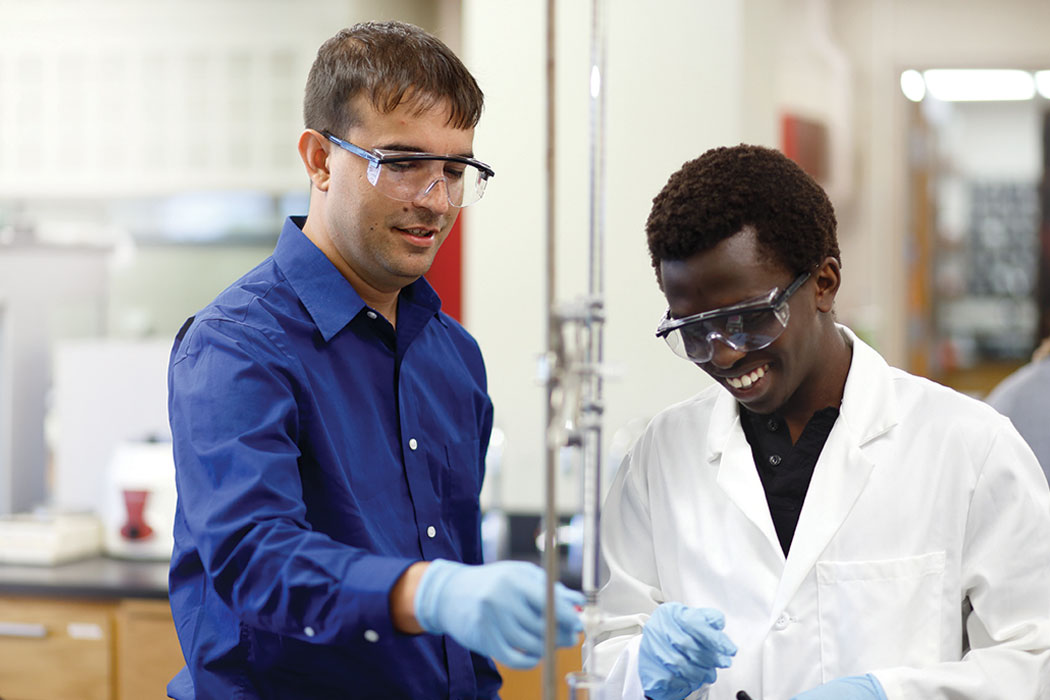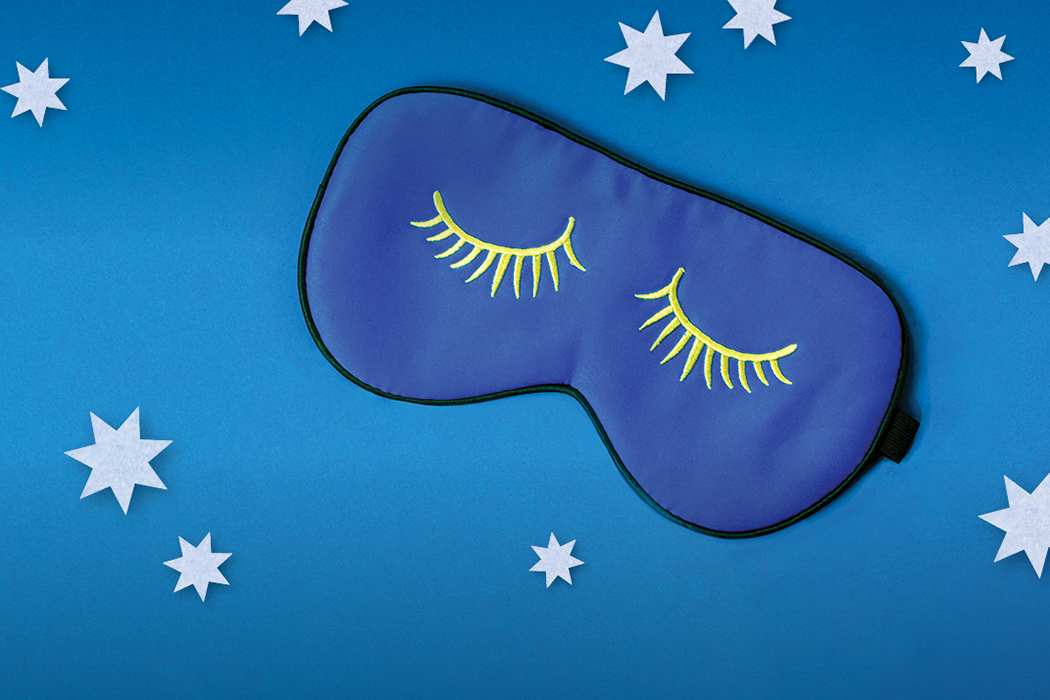Indiana University Is on It

Ranked as the 54th most innovative university on the planet, IU is home to world-class researchers, scientists, and thought leaders. Here is a small sampling of all the IU ingenuity currently at work.
We’re using handwriting to detect dyslexia.
As a student in the School of Informatics, Computing, and Engineering, Katie Spoon, BS’19, designed a system that analyzes handwriting to detect early signs of dyslexia, enabling critical early interventions.
We’re dissolving blood clots with nanoparticles.

By developing a self-destructing nanoparticle that can find and destroy clots in the bloodstream, two IU School of Medicine faculty are bringing hope to the roughly 900,000 Americans who develop a blood clot each year.
We’re assembling orchestras from a single musician.
Music informatics professor Christopher Raphael’s Informatics Philharmonic—an artificial intelligence orchestra that follows a soloist and performs in real time—opened to rave reviews in China last year.
We’re setting the stage for better health care.

IUPUI professor Sally Wasmuth has received multiple grants for her arts-based recovery initiatives, using theater as therapy for girls and women of color, and as a way to spark community conversation.
We’re sounding the alarm about climate change.
Anthropology professor Eduardo Brondizio co-authored the UN’s landmark study warning that 1 million species are at risk of extinction—including crucial pollinators, at a potential loss of $557 billion in crop output.
We’re cracking the case of the rise of allergies.

Professor of pediatrics Joan Cook-Mills has made remarkable discoveries linking ingredients found in cooking oils and baby wipes to the recent uptick in allergies.
We’re working to solve the world’s water crisis.

Led by PhD student Yun Liu, an IU research team has created a powerful new molecule that can extract salt from liquid, potentially helping increase the amount of drinkable water on Earth.
We’re stopping cyberattackers in their tracks.

In collaboration with the Department of Defense, IU intelligent systems professor Martin Swany is using thermal engineering and electromagnetic probes to detect and protect us all from Trojan horses.
We’re leveling the STEM playing field.
As an IUPUI student in the School of Informatics and Computing, Amanda Echegaray, BS’19, developed an app to support underrepresented students in her field.
We’re pioneering research into “superbugs.”

IU researcher Amelia Randich and her team were the first to uncover a genetic mechanism used by bacteria to adapt to threats—an insight that could advance treatments for drug-resistant bacteria.
Tags from the story
Written By
Andrea Alumbaugh
A native Hoosier, Andrea Alumbaugh is a graduate of IU (BAJ’08) and a senior writer at the IU Foundation.



